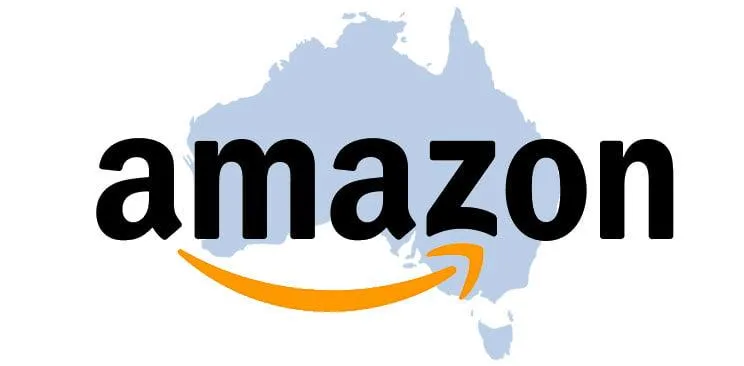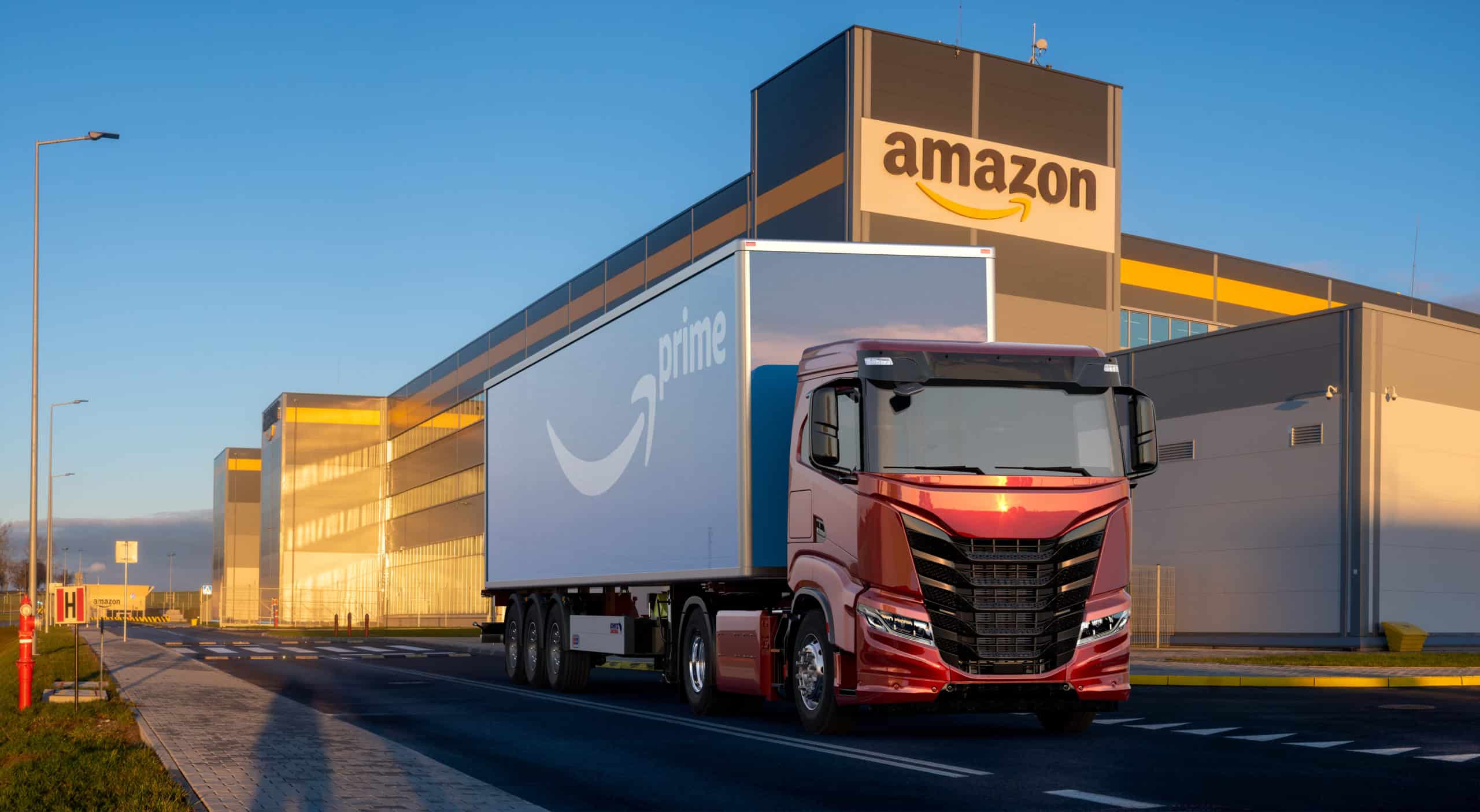
Amazon Fulfillment Services: 7 Things to Watch Out For
“He who has anticipated the coming of troubles takes away their power when they arrive.” - Lucius Annaeus Seneca
Fulfillment by Amazon (FBA) offers sellers in the Amazon marketplace access to Amazon's extensive logistics infrastructure for eCommerce fulfillment. While it provides benefits such as eligibility for Amazon Prime shipping and Amazon handling customer service, there are also associated risks. Sellers may face uncertainty when weighing the advantages and disadvantages of using Amazon fulfillment services and may question whether it's worth it for their business. Additionally, it's important to note that Amazon considers the customers of FBA sellers as their own, which can impact the seller's control over customer relationships.
Risk 1: Issues in Amazon FBA Inventory
Risk 2: Amazon Vs. Your Business
Risk 3: Neglecting to Making it Unique
Risk 4: Insufficient Amazon FBA Sellers' Customer Service
Risk 5: Fulfillment by Amazon and Free Shipping
Risk 6: Requirements for inventory Turnover and Restrictions
Risk 7: The Swapping of Amazon's Fulfillment Inventory
Is fulfillment by Amazon still worth it today?
Amazon operates numerous warehouses across the country and globally, enabling rapid delivery of products to customers. However, despite the convenience, there are downsides to using Fulfillment by Amazon (FBA) that every Amazon seller should be aware of.
The response to the question, "Is Amazon fulfillment worth it?" varies depending on the circumstances of each online store.
Amazon FBA enables you to concentrate on sales and marketing for your online store while Amazon handles order shipping, returns, and customer service. However, whether Amazon fulfillment is worth it depends on various factors and differs for each seller.
Amazon FBA offers excellent features, including the multichannel fulfillment option for shipping orders from other platforms. Sellers also benefit from Amazon's vast logistics network, and their products can qualify for Prime shipping, enhancing customer satisfaction and sales potential.
While Amazon FBA offers numerous benefits, it may not be worth it for every seller due to several downsides. Here are seven pitfalls to consider when determining if Amazon fulfillment is right for your company.
Ultimately, whether Amazon fulfillment is worth it or not depends on your specific business needs and circumstances.
Risk 1: Issues in Amazon FBA Inventory

Having inventory ready to fulfill orders is advantageous, but merchandise stuck on the receiving dock or lost in the warehouse represents a sunk cost and missed profit opportunity. Mishandled inventory is a common issue reported by Amazon third-party sellers, highlighting the importance of effective inventory management and warehouse operations.
Some sellers have expressed frustration over FBA receiving delays, which can range from days to weeks, as they await the logging of their inventory into the Amazon fulfillment warehouse system. These delays can result in items being out of stock, despite impeccable inventory management. Consequently, this may lead to a decline in seller ratings or even canceled orders, impacting the seller's reputation and revenue.
Furthermore, idle inventory not only ties up capital but also occupies valuable warehouse space that could be utilized for more productive purposes. Efficient inventory turnover is essential for maintaining a healthy cash flow and maximizing profitability in eCommerce operations.
Your product may become lost within the Amazon supply chain. In such cases, you'll need to file a claim, and Amazon typically provides reimbursement for the loss. However, during this period, you're unable to generate sales from the affected product. Adding to the frustration, Amazon often determines the reimbursement amount based on its valuation of your merchandise rather than what you initially paid for it.

Sellers often encounter situations where additional inventory appears after they've shipped to an FBA warehouse. Rectifying this discrepancy requires time and can involve frustrating back-and-forth interactions with customer service to ensure the accurate recording of your product quantities in the Amazon fulfillment system.
Amazon operates a vast fulfillment and logistics operation with efficient systems in place. However, it's important to note that these systems are primarily geared towards improving Amazon's bottom line, rather than yours as a seller. Unfortunately, when glitches occur within these systems, it's often the smaller sellers who bear the brunt of the impact.
More sellers are questioning whether it's worth it to fulfill orders from Amazon due to the pandemic.
Amazon's typical level of inventory mismanagement pales in comparison to the disruptions it caused for FBA sellers in response to the coronavirus pandemic. When people worldwide entered self-quarantine to mitigate the spread of the virus, online shopping demand surged, catching Amazon off guard as it struggled to meet the heightened demand.
Amazon informed FBA sellers that it would sell the remaining inventory in its warehouses.
However, it stopped accepting restocks for many other products due to the high demand for household goods and cleaners. This decision was made solely by Amazon.
The Amazon fulfillment network hasn't faced such a significant disruption since the early stages of the pandemic. However, FBA holiday inventory limits still hinder sellers' ability to capitalize on peak sales.
Risk 2: Amazon Vs. Your Business

As an entrepreneur, you likely desire control over every aspect of your business and product lineup to ensure smooth operations. However, if you opt for Amazon fulfillment, you'll need to relinquish some of that control.
The shipping box is a prime example of Amazon exerting its influence on your business. All packages fulfilled by Amazon are sent in boxes bearing the Amazon logo. You're unable to use boxes with your own brand logo or even unmarked boxes, and you don't have the option to include personalized notes or other marketing inserts.
Although Amazon FBA provides multi-channel fulfillment, orders from your website and other platforms are shipped using Amazon boxes, not your own branding. This means your orders are associated with the Amazon brand, not yours.
If building a strong brand identity is crucial for your eCommerce business, you may want to explore alternatives to Fulfillment by Amazon.
Risk 3: Neglecting to Making it Unique

One big risk when selling on Amazon is not making your product stand out. If your product isn't unique or different from others, it can get lost in the crowd. Customers might choose a similar product from another seller instead of yours.
To avoid this risk, focus on making your product special. Think about what sets it apart from others and highlight those features. This could be anything from a unique design or functionality to special packaging or added value.
By making your product stand out, you'll attract more customers and reduce the risk of getting lost in the sea of competition on Amazon.
Risk 4: Insufficient Amazon FBA Sellers' Customer Service

The true measure of any seller lies not in how well things go smoothly, but in how effectively they manage glitches that inevitably occur. According to Amazon seller forums, various Reddit threads, and numerous other sites, Amazon FBA customer service can sometimes be slow, confusing, and unhelpful, as reported by sellers.
Sellers have reported spending hours on the phone and exchanging multiple emails with customer service without reaching a resolution to their issues. Problems can often take weeks to resolve, leading to frustration and delays in operations.
Certainly, Amazon FBA manages customer service for your customers, striving to ensure their satisfaction. Outsourcing customer service can alleviate the burden of dealing with upset customers. However, you should consider if Amazon fulfillment is worth it if you find yourself spending extra time resolving fulfillment issues.
Risk 5: Fulfillment by Amazon and Free Shipping

Products shipped through Amazon fulfillment are typically eligible for free Amazon Prime shipping. While this can attract more Prime customers and potentially increase sales, it's essential to note that you're still responsible for covering the shipping costs.
Amazon determines which products qualify for free shipping, not the seller. Regardless of your profit margin on an item, you're required to cover the shipping costs for Amazon Prime orders. This can potentially result in a loss for items with narrow profit margins or orders with high shipping expenses.
You'll need to consider not only the fees for the Amazon FBA service but also whether you can afford to cover unreimbursed Prime shipping costs, on top of the FBA fees. In essence, you should evaluate if Amazon fulfillment is worth it if you're responsible for paying for shipping.
Risk 6: Requirements for Inventory Turnover and Restrictions
Amazon fulfillment used to be ideal for small sellers lacking quick shipping capabilities. However, it now seems more geared towards larger businesses. Amazon even suggests smaller sellers consider Fulfillment by Merchant if they have limited inventory or slow turnover.
In certain situations, Amazon required FBA sellers who didn't meet fulfillment metrics to promptly remove their inventory from FBA warehouses. This left them scrambling to find alternative 3PL providers.
Even Amazon Marketplace sellers in good standing with FBA have encountered limitations on their holiday sales due to Amazon warehouse policies. During the peak holiday season, when warehouse space is limited, FBA raises storage fees and restricts the amount of stock sellers can store in Amazon warehouses. Coupled with the time it takes to prepare new shipments for picking, Amazon sellers may find that FBA hampers their holiday sales.
Risk 7: The Swapping of Amazon's Fulfillment Inventory

Another risk to watch out for when selling on Amazon is the swapping of fulfillment inventory. This happens when Amazon mixes up or replaces your inventory with that of another seller.
This can lead to various issues, such as customers receiving the wrong products or your inventory being mistakenly sent to another seller's customers. It can result in negative reviews, returns, and even account suspensions.
To mitigate this risk, it's crucial to keep a close eye on your inventory levels and regularly reconcile them with Amazon's records. Additionally, consider using Amazon's FBA (Fulfillment by Amazon) service, which can help reduce the likelihood of inventory mix-ups and provide greater visibility and control over your products.
Overview
At AMZ Shifu, we understand the complexities and risks associated with Fulfillment by Amazon (FBA). While FBA offers significant benefits, it's crucial to navigate its potential pitfalls. Our team can provide expert guidance on whether FBA is the right choice for your business and help you mitigate risks associated with inventory management, customer service, and more.
Book a Call with us today!
If you're unsure whether Amazon FBA is worth it for your business or want to explore alternative fulfillment options, book a call with us today. We're here to provide personalized assistance and help you make informed decisions to optimize your Amazon selling experience.
Let AMZ Shifu support you in starting and growing your Amazon business!
